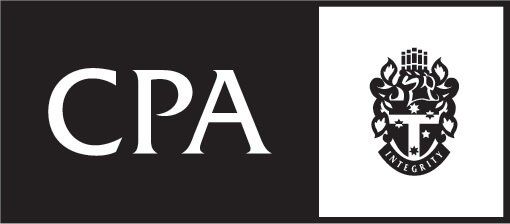May 2023 - Update
Last chance to claim deductions under temporary full expensing
Deductions under ‘temporary full expensing’ are expected to come to an end on 30 June 2023.
Under temporary full expensing, businesses with an aggregated turnover of less than $5 billion can generally claim a deduction for the full cost of eligible new assets first held, used or installed ready for use between 6 October 2020 and 30 June 2023, as well as (in some circumstances) costs of improvements to those assets and also the cost of eligible second-hand assets.
Taxpayers can choose to opt out of temporary full expensing for an income year for some or all of their assets, and claim a deduction using other depreciation rules, by notifying the ATO in their tax return that they have
chosen not to apply temporary full expensing to those assets.
Please contact our office if you require any assistance in relation to temporary full expensing.
Residential investment property loan data-matching program
The ATO has advised that it will acquire residential investment property loan data from authorised financial institutions for the 2021/22 through to 2025/26 financial years, including:
- client identification details (names, addresses, phone numbers, dates of birth, etc);
- account details (account numbers, BSBs, balances, commencement and end dates, etc);
- transaction details (transaction date, transaction amount, etc); and
- property details (addresses, etc).
The ATO estimates that records relating to approximately 1.7 million individuals will be obtained each financial year.
Electric vehicle home charging rates: cents per km
The ATO recently released draft guidelines setting out a methodology for calculating the cost of electricity when an electric vehicle ('EV') is charged at an employee's or individual's home.
The draft guidelines may be relied on by employers and individuals who satisfy the required criteria for FBT and income tax purposes respectively, as set out in the draft guidelines.
The employer or individual can choose if they want to use the methodology outlined in the draft guidelines, or if they would like to determine the cost of the electricity by determining its actual cost.
The choice is per vehicle and applies for the whole income or FBT year. However, it can be changed by the employer or individual from year to year.
Cents-per-kilometre rate
The rate for the FBT tax year or income year commencing on or after 1 April 2022 is 4.2 cents per km (the "EV home charging rate"), which is multiplied by the total number of relevant kilometres travelled by the electric vehicle in the relevant income year or FBT year.
However, if electric vehicle charging costs are incurred at a commercial charging station, a choice has to be made:
- The EV home charging rate can be used, but only if the commercial charging station cost is disregarded.
- If the commercial charging station cost is used, the EV home charging methodology cannot be applied.
Further, all necessary records (such as receipts) must be kept to substantiate the claim, as per normal record-keeping rules.
Record keeping
If a taxpayer wishes to rely on the EV home charging rate to calculate their electricity charging expenses, they will need to keep a record of the distance travelled by the car (i.e., generally odometer records) in either the applicable FBT year to 31 March or the income year to 30 June.
Also, if an employer chooses to apply the draft guidelines and the EV home charging rate for FBT purposes, a valid logbook must be maintained if the operating cost method is used.
If an individual chooses to apply the draft guidelines and the EV home charging rate for income tax purposes, to satisfy the record-keeping requirements, they must have:
- a valid logbook to use the logbook method of calculating work-related car expenses (and it is recommended that a logbook is maintained to demonstrate work-related use of vehicles, regardless); and
- one electricity bill for the residential premises in the applicable income year to show that electricity costs have been incurred.
Application
It should be noted that the draft guidelines can only be relied on in relation to zero emissions vehicles.
The draft guidelines cannot be relied on, and the EV home charging rate cannot be used, if, for example, the vehicle is a plug-in hybrid which has an internal combustion engine.
Once finalised, the draft guidelines will apply from:
- 1 April 2022 for FBT purposes; or
- 1 July 2022 for income tax purposes.
Tips to reduce study and training loan balances
If you have a study and training loan balance (e.g., a HELP debt), it may be worthwhile to consider methods of reducing the balance to ensure you are not left with a large tax bill when your 2023 income tax return is lodged.
While there is no interest charged on study and training loans, indexation is added to these debts on 1 June each year, based upon the consumer price index (‘CPI’). Given the current rate of inflation, individuals with study and training loan balances should expect a larger than normal adjustment this year.
If you have a study and training loan balance, it is worth checking your loan balance and considering the following tips:
- Let your employer know if you have started studying or have a study loan.
- Check the amount your employer is withholding. If there has not been enough withheld to cover your compulsory repayment, you can ask your employer to increase the withholding amount.
- Make a voluntary repayment to reduce your total loan amount. Indexation on the loan is applied on 1 June, so a voluntary repayment prior to this date will reduce the balance that indexation is applied to. Note that it may take a few business days for the ATO to receive and process the payment.
The compulsory repayment threshold for the 2023 financial year is $48,361. If you earn over this amount, the compulsory repayment is worked out when your tax return is lodged, and it will be included on your notice of assessment.
Indexation will not apply to a study and training loan on 1 June if the balance is nil. Any loan debt over 11 months old will be subject to indexation.
The information provided in this update is general in nature and if you have any queries of require further information or assistance with the above, please contact our office.
Crawford News






